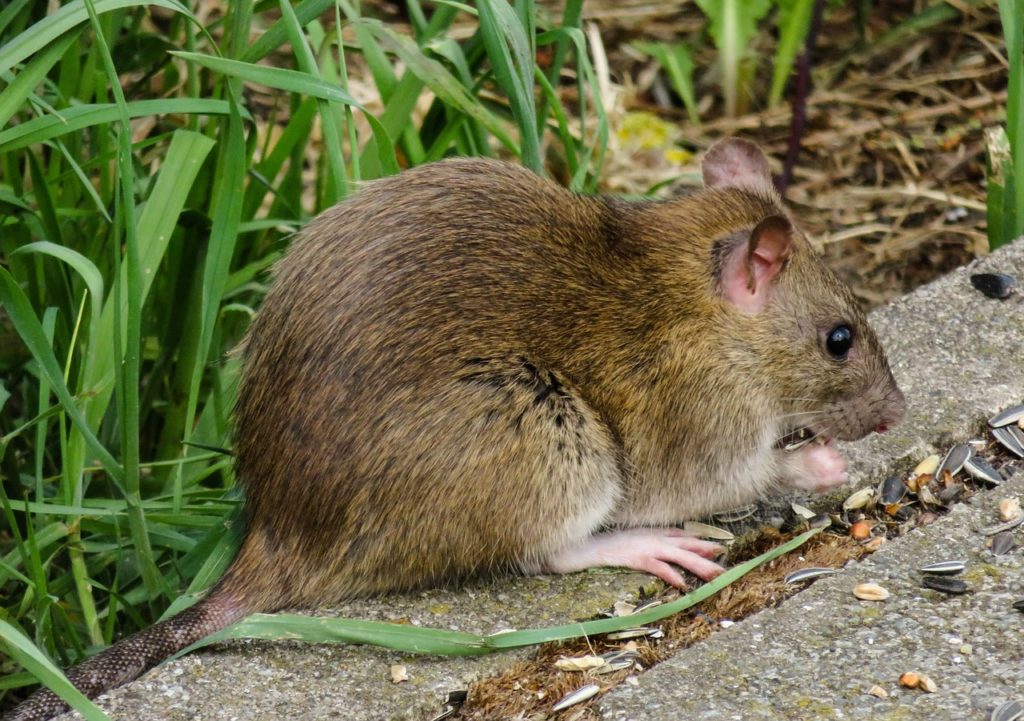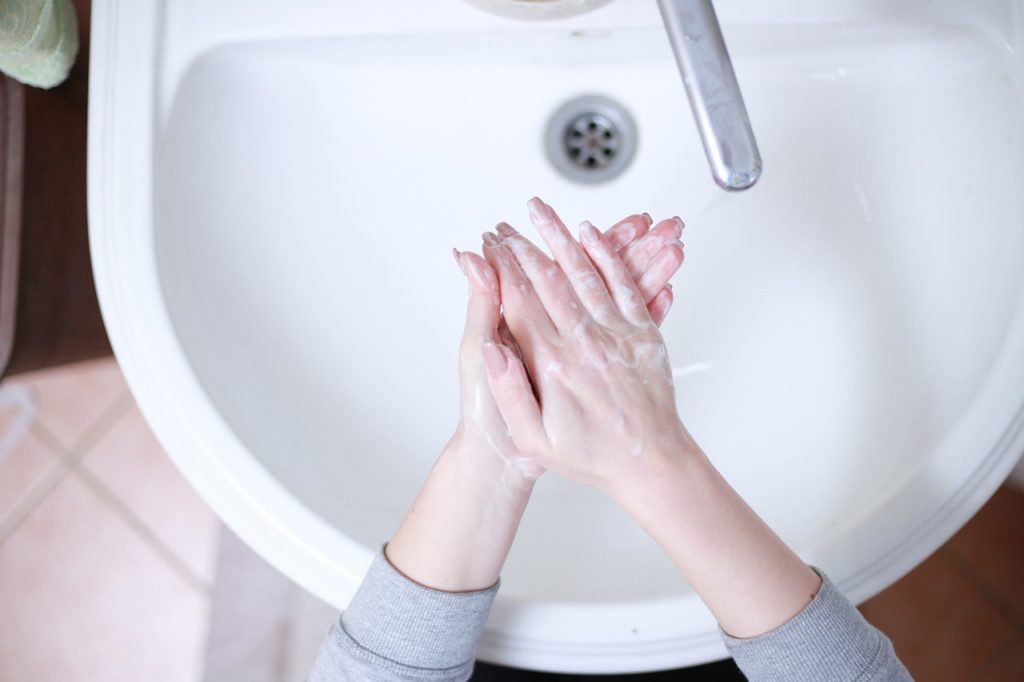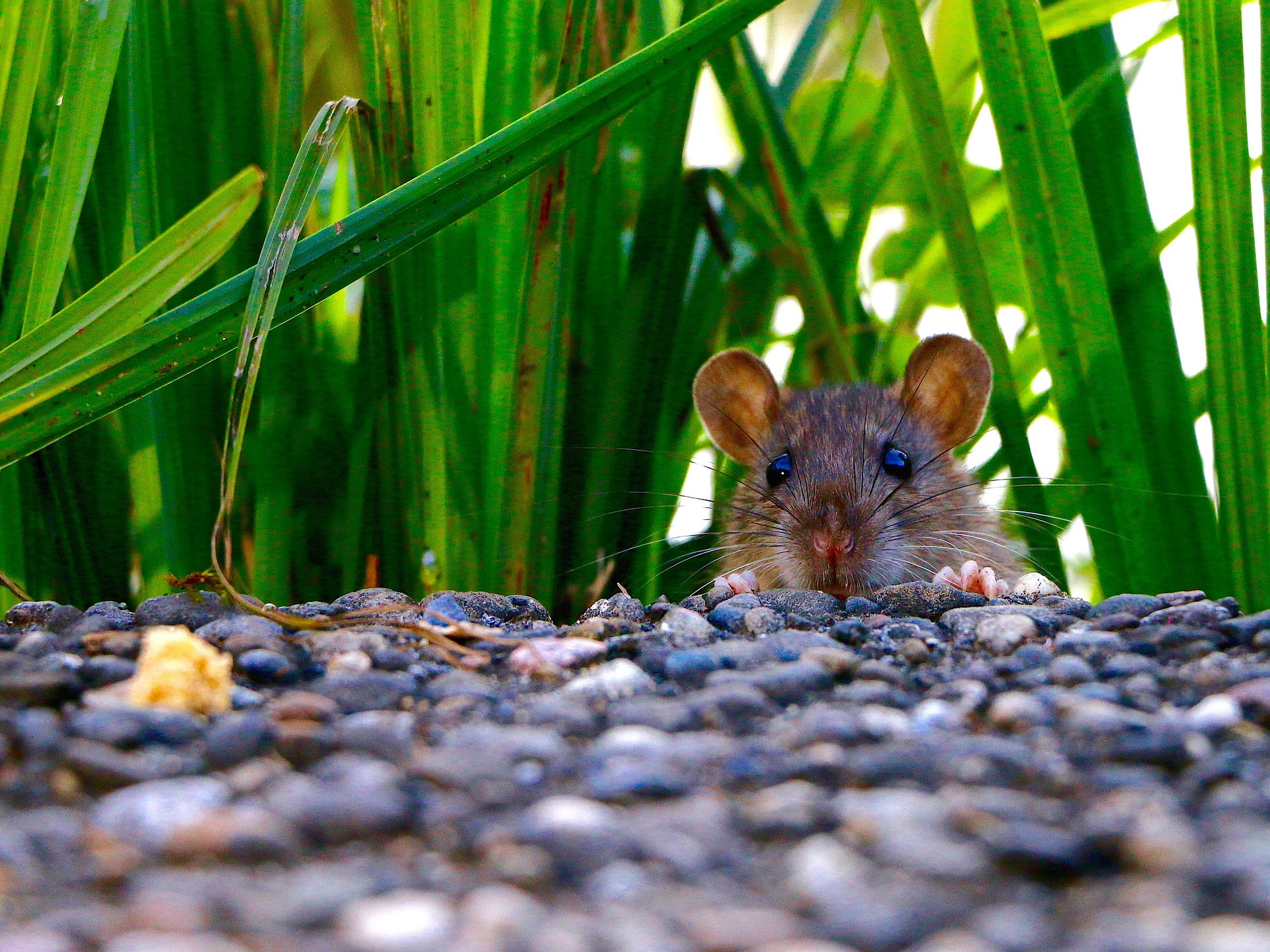We all know that rats are disgusting creatures that spread diseases — some of them potentially life-threatening. But did you know that the rats themselves are not the only dangers of rat infestations? Rat droppings are just as dangerous as the rodents themselves. Here is everything you need to know about rat poop.
Important rat poop facts
1. Rats spread diseases through their poop
Rats spread a lot of diseases. This is understandable because rats live in filthy areas. They are greasy and full of germs. But their external bodies are not the only ones that spread diseases. Their poop or poop particles, especially when ingested or inhaled, spread diseases just as well.
Some of the diseases transmitted through ingestion or inhalation of poop or poop particles are the hantavirus pulmonary syndrome and salmonellosis.
2. Rat poop is a strong sign of a rat infestation
You are much more at risk of rats and the diseases they transmit if you live in a home suffering from a rat infestation. It’s important to know the signs of a rat infestation, so you can get the help of pest control professionals as soon as you can.
Live rats are obviously strong signs of an infestation. But you should also look out for evidence of rat activity. This usually comes in the form of rat poop, rat urine, and wall stains.
3. Rat poop is different from the poop of other rodents
People always confuse rats with mice and vice versa. Their biggest difference is their size. Rats are significantly larger than mice. This also means that their poop is larger as well. Rat poop is cylindrical. It can be as long as an inch while mouse poop can barely reach half an inch.
4. You can find rat poop in a lot of areas
Another common confusion is between rat poop and squirrel poop. Rat poop is often found in groups, but it is also often scattered in the infested area to mark it as their territory. Squirrel poop, on the other hand, is often found in one area only. Squirrels tend to defecate in the same spot.
It’s important to know the differences between rats, mice, squirrels, and other rodents because they require different pest control methods.
5. Rat poop can stink up your place
A foul odor you can’t explain is another strong sign of a rat infestation. Though rat poop smells bad, rat urine is even worse. And if you have rat poop at home, it’s guaranteed that you have rat urine too. Rats are not just dangerous and unsightly. They are also smelly and all kinds of filthy.

How to clean rat poop safely
1. Ventilate the area
Bacteria are the primary reason why rat poop is dangerous and smelly. But you can kill some of the bacteria with natural sunlight. Open all doors and windows in the area riddled with rat poop. This will not just kill the bacteria. This will also help airflow in and out of the room, significantly reducing the foul odor. Let nature do some magic for at least 30 minutes.
2. Wear protective gear
While you are ventilating the area, cover yourself with protective gear. Wear face masks, gloves, long-sleeved shirts, and pants. These will serve as protection against the rat poop that contains a lot of bacteria.
You may think this is a little over-the-top, but it’s a good safety measure. While cleaning, you may accidentally inhale poop particles or splash poop on yourself, especially if you are doing some aggressive wiping. If you cover up, you are giving yourself more room for errors.
3. Disinfect the area
Spray a commercial disinfectant on the affected area. But if a commercial product isn’t available, you can create your own disinfectant with bleach and water. Simply mix bleach and water in a 1:10 ratio and put the mixture in a spray bottle.
The disinfectant is only your first attack against the bacteria in the area. And reapplication will be necessary later on.
4. Pick up the rat roop
You may be asking yourself why you are reading an article about cleaning rat poop anyway. You can simply pick it up and disinfect the area, right? But it’s not always so simple. You can actually put yourself in unnecessary danger by not properly knowing how to clean such a thing.
You will probably use a broom, a brush, or a vacuum cleaner. And that will be your biggest mistake. The problem with these cleaning tools is that they tend to spread particles around — particles that can potentially make you sick.
Use paper towels only. Stroke gently as you pick up the materials to prevent poop from smearing on surfaces and particles from flying around. Put the materials in a plastic bag, preferably with a sealer.
5. Wipe surfaces
At this point, you have cleared most of the affected area. But you have to double down on the disinfectant to make sure that the area is clean and free of disease-causing bacteria. It’s also important to note that disinfectants take a while to take effect, so make sure to leave them on the affected area.
Put all the other paper towels you have used in wiping the surfaces into the plastic bag with a sealer. And then throw the plastic bag in a garbage can outside your home.
6. Wash yourself
Even though you have covered yourself while you are cleaning the affected area, it’s still good practice to clean yourself afterward. You can take a bath or you can simply wash with water and soap. Give particular attention to your hands. If your hands happen to be contaminated with rat poop, you may end up spreading the stuff around your home as you touch other objects.

Rat poop is dangerous
Rat poop is dangerous because it can spread diseases, not to mention that it is just outright disgusting having poop around your home. You should be very careful in cleaning the affected area because you may spread particles if you use cleaning tools like brushes, brooms, and vacuum cleaners. Stick to paper towels and make sure to disinfect at least twice.

